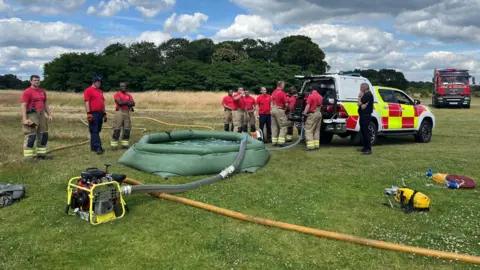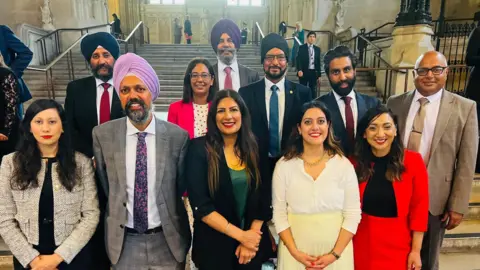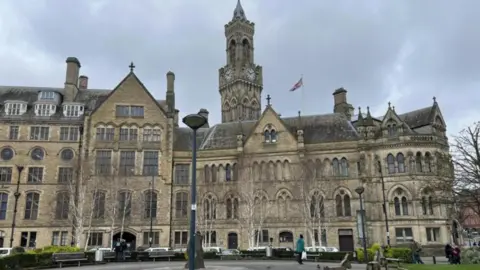UK
The Tories are out: what’s next? – CND
Campaign for Nuclear Disarmament (CND) General Secretary Kate Hudson assesses last week’s General Election result and its implications for CND.
Britain has a new government. The Tories are gone, after 14 years of misrule, but what comes next? A Labour government committed to a ‘triple lock on Trident’. Clearly there is much work to be done, but there is a new and more positive atmosphere.
Not least, enormous relief and happiness that our Vice-President Jeremy Corbyn has been re-elected, as an Independent MP – so we will have his powerful and principled voice for peace in Parliament. It has been great to see the election of four other independent candidates on the platform of ceasefire in Gaza. Together with MPs from other parties that oppose the genocide, this will be a strong base in parliament.
Clearly there is much more analysis to be done: but Labour has a landslide of seats based on less votes than it received in 2019. The right-wing vote has been split between Tories and Reform; they may regroup and attempt a come-back at the next election.
Other issues are raised too. The SNP has been much reduced: what will this mean for anti-nuclear work in Scotland, where the promise of independence had provided an avenue for achieving nuclear disarmament? In better news, the Green Party now has 4 seats; they are good on many of our peace and anti-war issues, but they have recently changed their policy on NATO, not in a good way. The Lib Dems now have a much larger cohort of MPs although they have recently changed their policy on Trident for the worse. But they have a strong anti-Trident group of activists with whom we can re-engage. Wales is now a Tory-free zone: are there new possibilities for the peace agenda there?
The Labour government’s policies are explicitly pro-nuclear weapons, pro-increased arms spending, pro-war in Ukraine and Gaza, pro-NATO, and tied into the US ideological and military framework. Much is the same as the previous government’s policies, but this is a new situation, and we need to assess our strategic approach to the new government. Labour is expected to undertake a review of Defence policy in its first year. We need to be part of this where possible and raise key issues outside the Labour Party where direct engagement is not possible. In CND, we will be raising crucial issues: not only the urgent issues of the moment – Gaza and Ukraine – but broader underlying policies: nuclear weapons possession; NATO; the return of US nuclear weapons to Lakenheath; the AUKUS alliance; the cold war on China; the British economy and the so-called ‘defence’ industry and its relations with sections of the trade union movement.
This new post-electoral situation presents us with many challenges, but also opportunities – and hope for the future. Let’s make the most of it!
- Kate Hudson is the General Secretary of the Campaign for Nuclear Disarmament (CND). You can follow Kate on Twitter/X; and follow the CND on Facebook, Instagram and Twitter/X.
- This article was originally published in the July edition of the CND Campaign Newsletter.



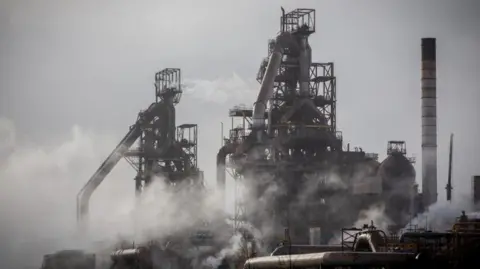
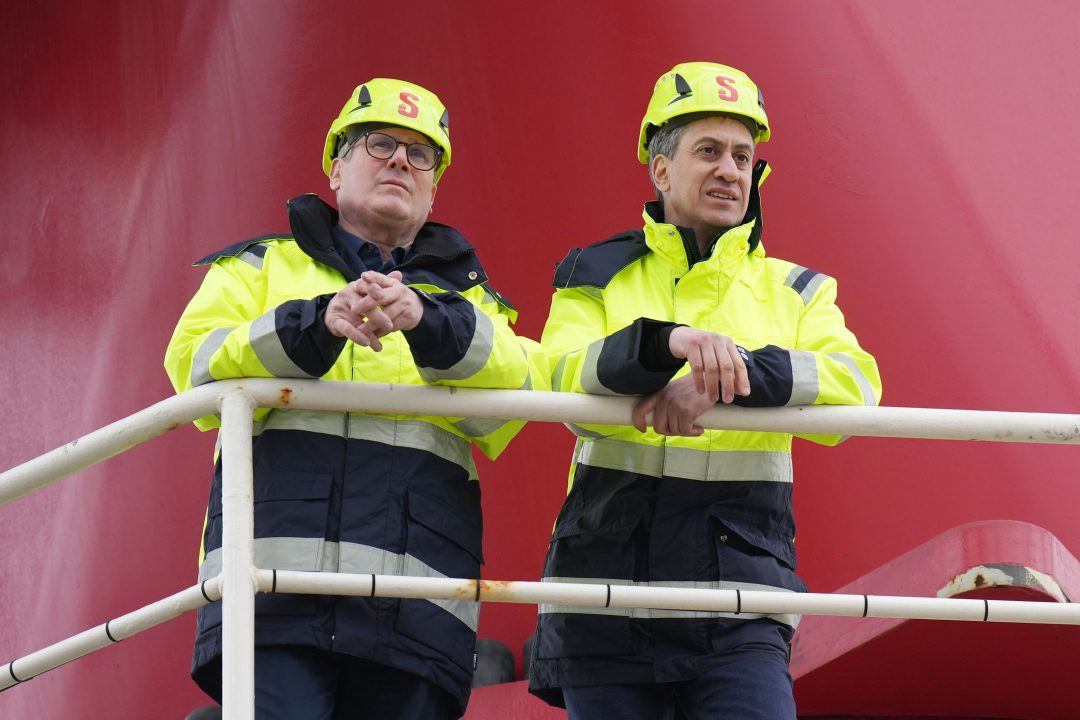

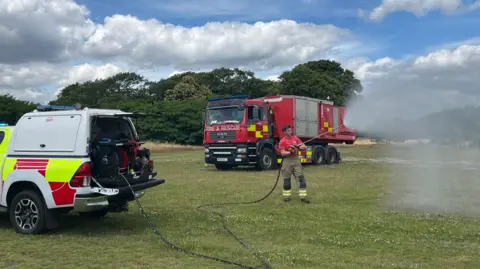 L
L
